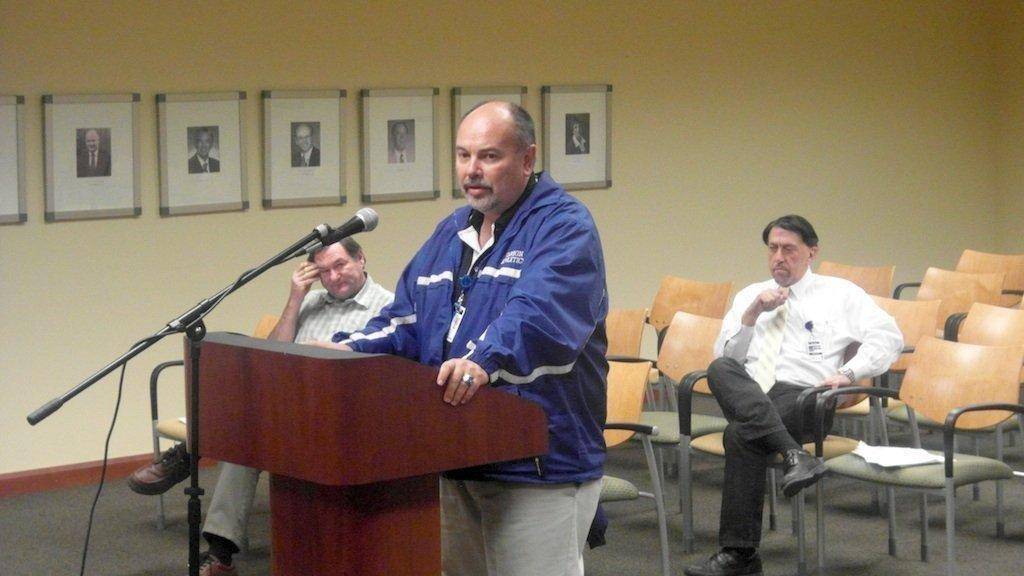Members of the Carbon County School District Board of Education contemplated if random drug testing might give athletes a reason to stay clean during their Board meeting on Wednesday.
Carbon High Principal Bruce Bean brought policies from other districts for the Board to look at. Bean stated he has yet to speak to a district that hasn’t felt the program has had a positive affect on their schools.
The district implemented a similar program in 1996 but dismissed it by 1999, and Bean feels the program may be needed once again referencing an incident from last year.
“There were two athletes just a few blocks away from the high school that were pulled over for a traffic violation and the officer found them to be in possession of a controlled substance,” Bean explained. “ Now one of the boys was a great 4.0 student and I asked him вЂwould a random drug testing policy have made any difference’? The boy replied, вЂMr. Bean it would have given me a reason to say no’.”
The Board of Education was familiar with the previous drug testing policy and according to Bean it was pulled in 1999 because of legal issues.
Bean proposed the District adopt a program similar to other districts within the state.
“I would just like to clarify this testing would be for extracurricular activities which fall under the UHSAA association including athletic programs, forensics, band, choir and cheerleading,” said Superintendent Steve Carlsen.
The policy would not include clubs except events of a competitive nature.
“Most parents I have spoken to are very positive, in fact most who don’t have children involved in extracurricular activities wanted to know how they can have their children involved in the testing,” added Ken Labrum Carbon High Security Officer.
Bean stressed the program must be implemented correctly and recommended an outside source perform the testing. He estimated that if 10-15% of the students enrolled in the program were tested once a month, it would cost five to six thousand dollars a year to operate.
“From my point of view that’s a lot of money, but from the district’s or parent’s view, with the hope of prevention, it may not be that much,” Bean said.
The Board worried what would be the legal ramifications associated with the program.
“What legal responsibility will we have if a child tests positive?” asked Board Member Kristin Taylor.
Those who tested positive for their first offense would be suspended for two weeks, second offense would be a six-week suspension with enrollment in substance abuse programs, third offense would be suspension from UHSAA programs for the remainder of the student’s high school career.
Bean clarified the district has no liability to provide any further resources to a child who has tested positive for an illegal substance, but Board Member Jeff Richens added, “We can always call their parents”.
Bean recommended the cost to run the program be included in UHSAA participation fees and the Board agreed they would continue to consider and discuss the possibility of implementing a random drug testing policy.
В

